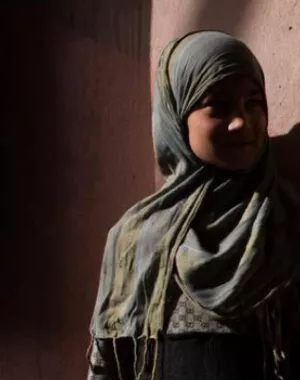Overview
War Child’s analysis has revealed that whilst there is a great deal that is positive in terms of the UK’s engagement and support to children affected by conflict, there are stark inconsistencies which can be explained by the fact that children’s rights are readily put to one side when they are seen to compete with other considerations – primarily those of trade and national security.
This report reviews the extent to which the rights of children in armed conflict are promoted and protected by the UK government in Afghanistan, Iraq, Nigeria, Somalia and with Saudi Arabia and Gulf partners. These five countries have been selected because they have state forces or state-aligned militia listed by the United Nations for committing ‘grave violations’ against children. War Child also considers these countries are of significant strategic, diplomatic and political importance for the UK government, and as such the UK has the opportunity to play an important role in promoting children’s rights. The report examines the record of action or inaction in the spheres of development, diplomatic, defence and trade measures - areas where the UK has a legal and moral imperative to act as well as the influence and the ability to make a real difference for children caught up in conflicts.
Using a traffic light scoring system this report assesses the UK government’s commitment to preventing grave violations and holding perpetrators to account. The criteria used includes: the level of the UK’s influence; the extent to which ending grave violations is prioritised in different areas of engagement; and the extent to which arms transfers are prohibited where there is a risk they will be used to commit human rights abuses.
War Child recommends six key actions that the UK should implement:
- Develop a cross-governmental strategy for protecting children affected by armed conflict – to address policy incoherence and inconsistencies that undermine children’s rights.
- Strategically use the levers of humanitarian assistance, military presence, trade measures and diplomatic relationships to put more pressure on state and non-state armed groups that commit grave violations against children.
- Make better use of all international channels and UN bodies to promote the rights of children in armed conflict.
- Support mechanisms that hold the perpetrators of grave violations to account to deter future violations – such as tying economic sanctions to persistent breaches.
- Increase training of UK armed forces on the rights of children in armed conflict and ensure that these issues are embedded in training provided to military forces in other countries.
- Only permit arms exports when they adhere to international law – and do not approve arms exports to countries who are listed by the UN as committing grave violations.
Download the report to read more.

